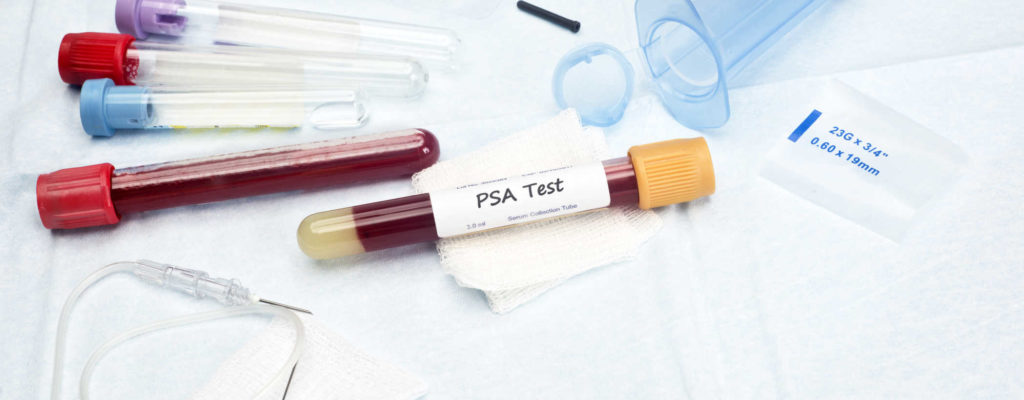
The Rh factor is a protein found on the surface of red blood cells. More than 85% of people have a Rh called Rh positive. Those without Rh are called negative.
When you're not pregnant, your Rh condition has little impact on your health. During pregnancy, if you have a Rh positive (+), this shouldn't cause problems. But if you have a Rh negative and the baby is Rh positive - which can happen if your partner is Rh positive - a Rh incompatibility will happen.
Rh factor during pregnancy
Rh antibodies in a mother's body can cross the placenta and touch the baby and affect the baby's red blood cells, which in turn causes the number of broken red blood cells to exceed the amount produced.
During pregnancy, mother and baby do not have the same blood circulation system but a small amount of baby's blood can still travel to the placenta and penetrate into mother's circulatory system. This phenomenon can occur during pregnancy, labor and delivery. This can happen when a mother with a Rh negative blood type does the following:
Amniocentesis;
Sampling a placenta biopsy;
Bleeding during pregnancy;
Baby turned around just before labor;
Abdominal trauma occurs during pregnancy.
What should I do when Rh is negative?
If you have Rh negative, you will need a shot to immunize Rh (Rhig) around 25-28 weeks of pregnancy. Rhig will protect the positive Rh cells that are floating in your blood vessels, preventing them from being recognized as foreign objects. Without the Rh factor to fight off, antibodies would not form.
Rhig can be given if the mother has a Rh negative matching with the following conditions:
The mother is now 28 weeks old and needs a precaution to prevent Rh sensitivity in pregnancy;
The mother gave birth to the baby and needed the injection within 72 hours;
The mother has had a miscarriage or abortion;
The mother finished amniocentesis and placenta biopsy.
If you have Rh sensitivity, see your doctor regularly to check on you and your baby's condition. The treatment of the baby in the womb will depend on the extent of the anemia.
If your baby has mild anemia, you will need to see and monitor your baby's condition regularly. You won't need to take any treatment right now until your baby is born;
If your baby's anemia is getting worse, it's best to have your baby as soon as possible. After birth, the baby will receive a blood transfusion;
If the anemia is too severe, the baby can receive a blood transfusion while still in the womb to keep the baby healthy enough until birth. You may need a cesarean section and your baby will need a blood transfusion soon after birth.












